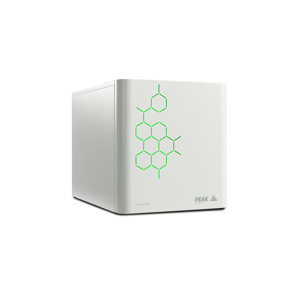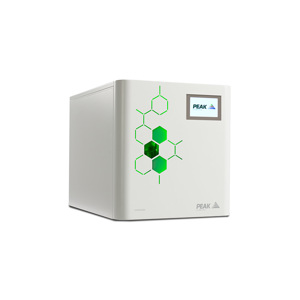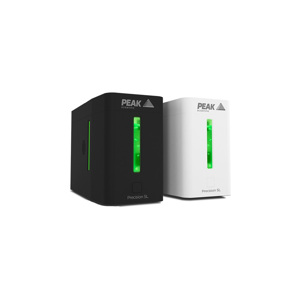5 Everyday uses for Chromatography
Although you might not be familiar with Chromatography, it has an impact on your everyday life.
Chromatography is a technique used to separate the components of a substance to find out what it is composed of and its use affects everything from what you eat to how vaccines are made. There are many different types of chromatography and we'll show you 5 of the ways it can play a part in your day-to-day activities.


